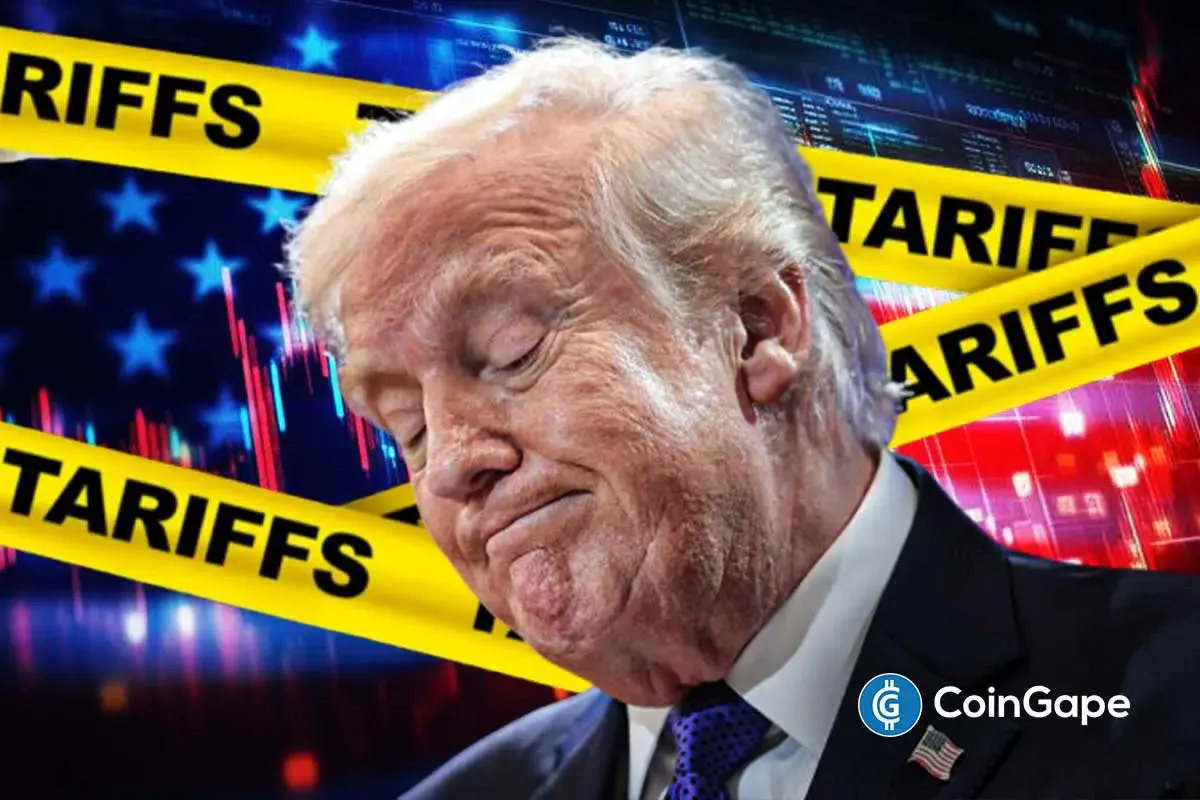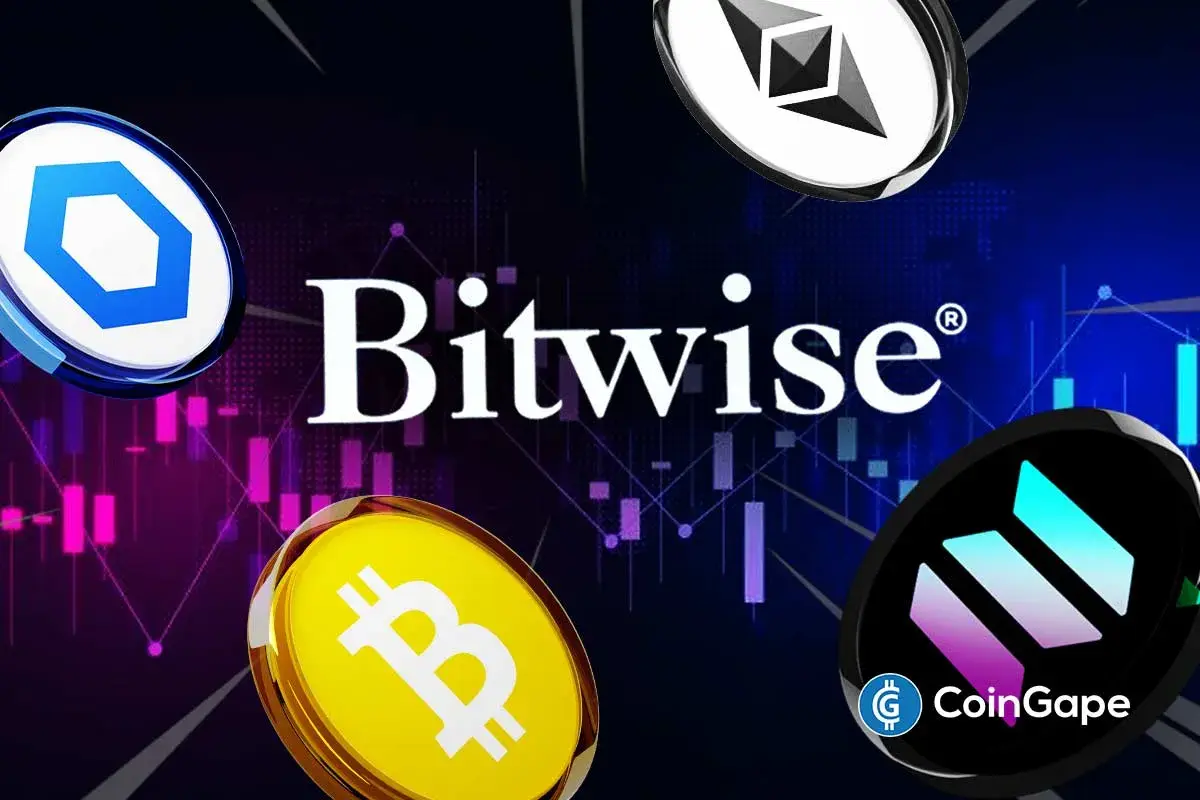Blockchain Association Critiques IRS’s Proposed Broker Rule

Highlights
- Blockchain Association estimates 4 billion burden hours for IRS rule compliance.
- IRS's proposed broker rule could cost over $254 billion against a $10 billion tax gap.
- Form 1099-DA aims to bring unhosted crypto wallets under regulatory oversight.
The Blockchain Association submitted a comment letter under the Paperwork Reduction Act (PRA) in response to the proposed broker rule by the IRS.
The letter contends that finalizing the rule which will entail the submission of more than 8 billion forms is against the PRA.
Blockchain Association Critiques IRS Broker Rule
The Blockchain Association argues that the proposed broker rule puts an undue burden on brokers. Marisa Tashman Coppel, an official of the association, noted that the PRA aims at shielding the public from regulatory obligations concerning the acquisition of information from federal agencies.
The PRA mandates that agencies minimize the public burden to the extent practicable, which the proposed rule fails to achieve.
1/ Today, @BlockchainAssn filed a comment letter pursuant to the Paperwork Reduction Act regarding the IRS’s proposed broker rule.
Bottom line: it would be a violation of the PRA to finalize a rule that would yield over 8 billion forms. https://t.co/t3dQaDvW9i
— Marisa Tashman Coppel (@MTCoppel) June 21, 2024
The association notes that the IRS’s assumption of 30 minutes per form would amount to four billion burden hours and add almost a third to the overall paperwork burden imposed by the federal government of the United States. This calculation thus shows that the IRS has underestimated the time and costs it takes brokers to comply with the rule.
Financial Implications of the Proposed Rule
The IRS has estimated the cost to complete each form to be $63.53 per hour. Thus, if 4 billion hours are needed, the total cost would amount to over $254 billion. Thus, this amount is much higher than the potential tax revenue, even if all the global crypto revenue is taxed at the highest rate, creating a gap of around $10 billion.
Blockchain Association notes that it is unreasonable to spend $254 billion to close a $10 billion gap. Marisa Tashman Coppel notes that the proposed rule and the associated Form 1099-DA are not sufficient to satisfy the requirements of the PRA. The IRS has, as a result, greatly underestimated the time and money constraints placed on brokers in the process.
Concurrently, the IRS had recently published an early version of the new tax form called Form 1099-DA, used for reporting cryptocurrency transactions. As per the IRS, this form is designed to enhance the tax compliance for brokers as well as customers dealing in virtual assets.
Variant Fund CLO and Digital Chamber CEO Offer Insights
Jake Chervinsky, the Chief Legal Officer at Variant Fund, has hinted at the possibility of a lawsuit against the IRS regarding this tax issue. Chervinsky is particularly critical of the IRS’s use of financial surveillance to enforce compliance with tax laws on the basis of the agency’s failure to recognize the potential of technologies that support P2P transactions.
Perianne Boring, Chief Executive Officer of the Chamber of Digital Commerce, also gave valuable input on the latest draft of the IRS’ Form 1099-DA.
Boring, however, sided with the IRS, explaining that the IRS’s initiative is to extend the regulatory scope to unhosted wallets, and it also consolidates the KYC rules for the crypto sales and exchanges using brokers. This, according to her, is in line with the IRS’s continued push for compliance and disclosure in the cryptocurrency space.
Read Also: Digital Chamber CEO Shares Vital Insights Into IRS’ Crypto Tax Form 1099-DA
- XRP Realized Losses Spike to Highest Level Since 2022, Will Price Rally Again?
- Crypto Market Rises as U.S. and Iran Reach Key Agreement On Nuclear Talks
- Trump Tariffs: U.S. Raises Global Tariff Rate To 15% Following Supreme Court Ruling
- Bitwise CIO Names BTC, ETH, SOL, and LINK as ‘Mount Rushmore’ of Crypto Amid Market Weakness
- Prediction Market News: Kalshi Faces New Lawsuit Amid State Regulatory Crackdown
- Dogecoin Price Prediction Feb 2026: Will DOGE Break $0.20 This month?
- XRP Price Prediction As SBI Introduces Tokenized Bonds With Crypto Rewards
- Ethereum Price Rises After SCOTUS Ruling: Here’s Why a Drop to $1,500 is Possible
- Will Pi Network Price See a Surge After the Mainnet Launch Anniversary?
- Bitcoin and XRP Price Prediction As White House Sets March 1st Deadline to Advance Clarity Act
- Top 3 Price Predictions Feb 2026 for Solana, Bitcoin, Pi Network as Odds of Trump Attacking Iran Rise

















